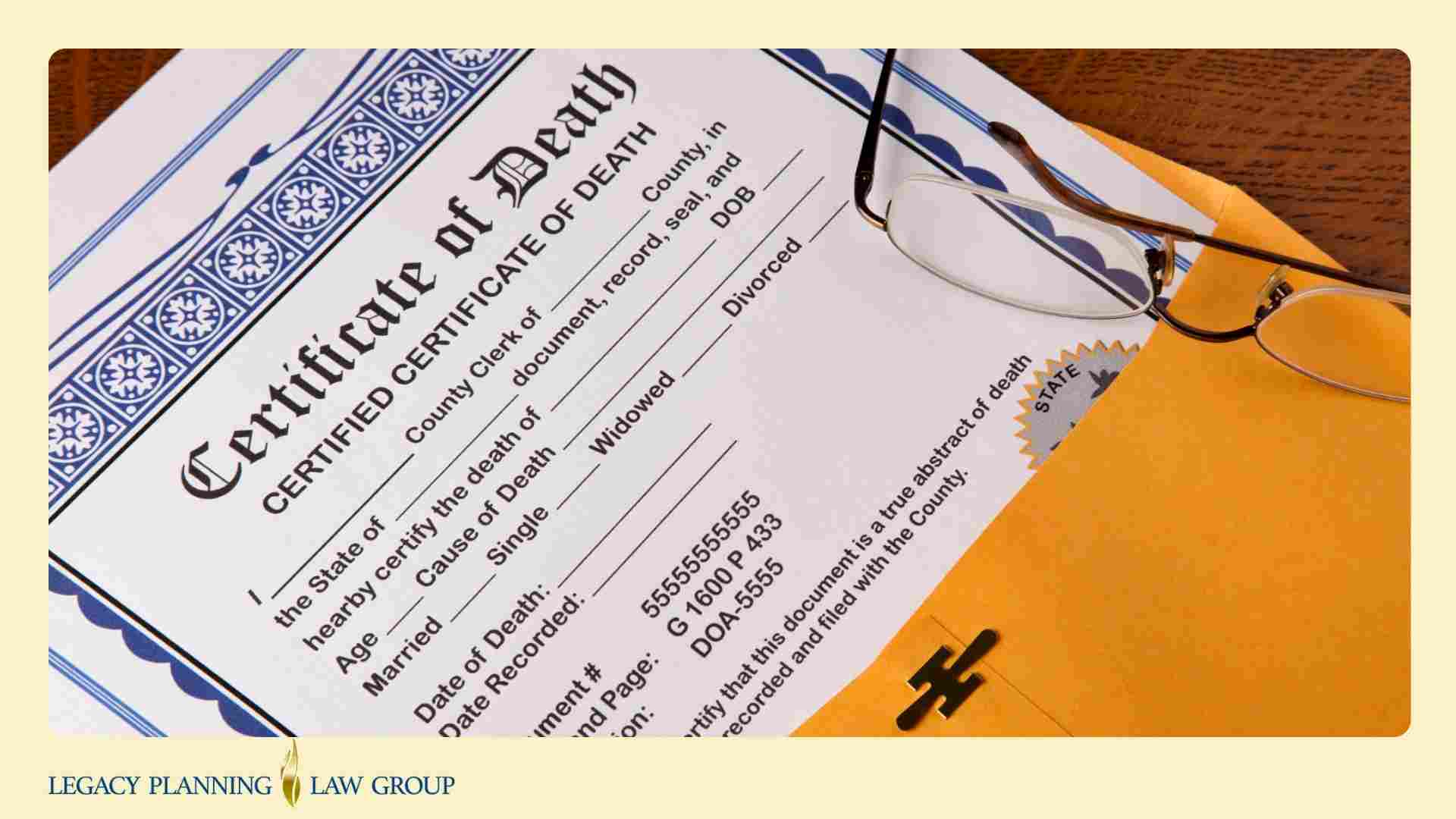Even with a surviving spouse, probate may still be required—especially if assets are solely in the deceased’s name. Learn the key differences between wills and trusts, and how a revocable trust can help families in Jacksonville avoid probate and protect their loved ones.

When it comes to probate, many people feel overwhelmed and uncertain about what to expect. At Legacy Planning Law Group, we often receive several common questions about the probate process in Florida. To help you better understand this legal procedure, we’ve outlined answers to three of the most frequently asked questions about probate.
What is Probate?
Before answering the common questions, it’s important to understand what probate is. Probate is the legal process through which a court oversees the administration of a deceased person’s estate. This process involves verifying the validity of the will, paying off debts, and distributing the remaining assets to the rightful beneficiaries. In Florida, probate can be complex and time-consuming, making it essential to have knowledgeable legal guidance. Learn more in our article, The Florida Probate Process Explained.
Watch the Thirsty Thursday video below for a quick explanation of the answers to the three common Florida probate questions.
How Long Do You Have to File Probate After Death?
One of the most common Florida probate questions we receive is about the time frame for filing probate after a loved one’s death. Unlike some states that have strict deadlines, Florida does not impose a specific deadline for initiating probate. However, it is generally advisable to start the process as soon as possible. Delaying probate can lead to complications and prolonged administration. Starting early ensures a smoother transition and helps in timely distribution of the estate to the beneficiaries.
How Long Do You Have to Transfer Property After Death?
The next common Florida probate question revolves around the time frame for transferring property after the owner’s death. The transfer of property depends on various factors, including how the property was owned and whether it needs to go through probate. If the property was held jointly with rights of survivorship or is part of a living trust, it may not require probate and can be transferred relatively quickly. However, if the property was solely owned or held as tenants in common, it will likely need to go through probate, which can delay the transfer. Once the court verifies the will (or follows intestate laws if there is no will), it will oversee the property transfer according to the established legal procedures.
What is a Petition for Discharge?
Lastly, many Jacksonville clients are curious about what a petition for discharge entails in the Florida probate process. A petition for discharge is a critical step that allows the personal representative (executor) to request the court’s approval to distribute the remaining assets to the beneficiaries and officially close the estate. This petition includes details on how the assets will be distributed, the fees for the personal representative and attorneys, and any other expenses. Once the court approves the petition for discharge, the personal representative can distribute the assets, and they are released from further responsibilities related to the estate. This step is crucial for ensuring that the estate is settled properly and that all parties are satisfied with the distribution.
Conclusion
Understanding the probate process is essential for anyone dealing with the administration of an estate. At Legacy Planning Law Group, we are here to guide you through each step, ensuring a smooth and efficient process. If you have more questions about probate or need assistance, we invite you to schedule a discovery call with us. Our team is dedicated to making estate planning and probate as stress-free as possible. Schedule a Discovery Call with Team Legacy to if you need help with the administration of an estate, the probate process, or creating an estate plan that ensures a smooth and easy process for your loved ones.
Key Takeaways
- Probate Definition: Probate is a court-supervised process for verifying a deceased person’s will, paying debts, and distributing assets.
- Filing Time Frame: Florida does not have a specific deadline for filing probate, but starting early is beneficial.
- Property Transfer: Property transfer depends on ownership type; jointly owned or trust-held properties may bypass probate.
- Petition for Discharge: This petition allows the personal representative to distribute assets and close the estate with court approval.



